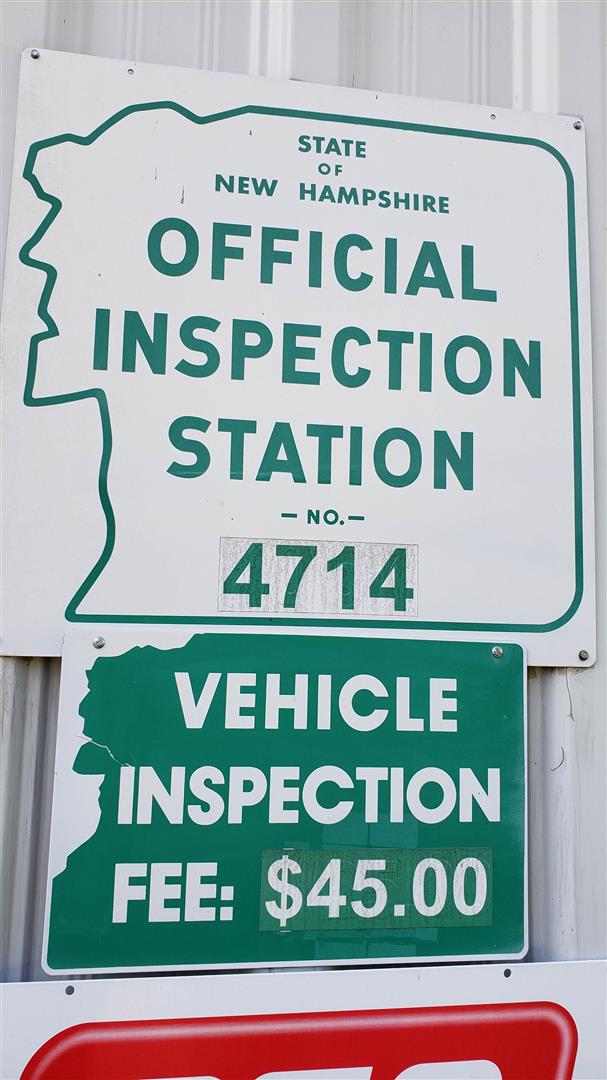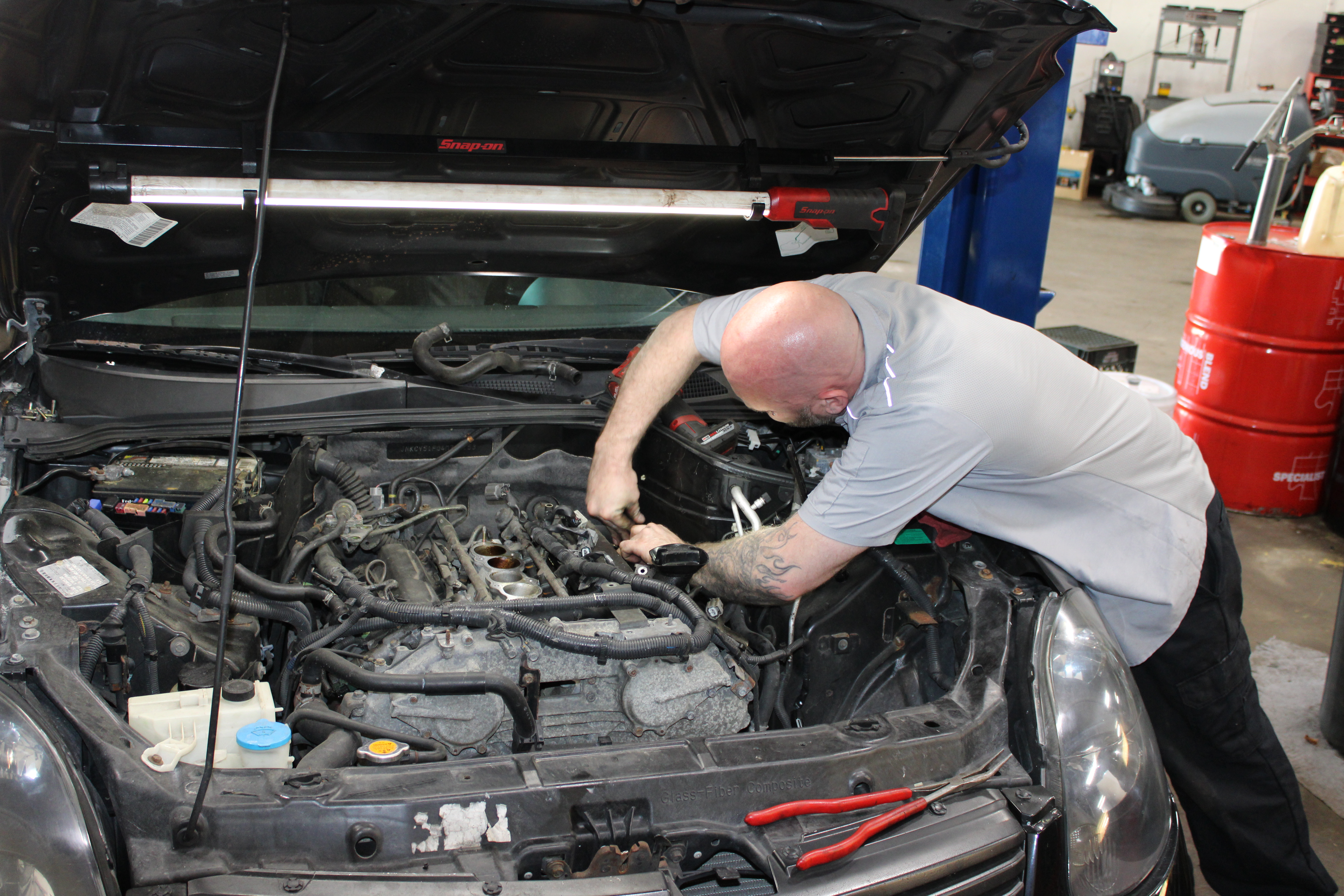Posted on 6/27/2025

Hybrid vehicles have grown in popularity across New Hampshire and beyond, and with good reason. They combine gasoline engines with electric motors to improve fuel efficiency, reduce emissions, and lower long-term fuel costs. But while hybrids tend to need fewer gas station stops, they still require regular maintenance and, in some ways, more specialized service than traditional cars. Whether you're driving a Toyota Prius, a Ford Escape Hybrid, or a plug-in model, keeping your hybrid in top condition means understanding what makes these vehicles unique and what specific service needs they have. How Are Hybrids Different From Gas-Powered Vehicles Hybrid cars contain both a traditional internal combustion engine and an electric motor powered by a high-voltage battery. These systems work together to reduce fuel usage and emissions. Because of this dual setup, hybrids have additional components that require attention during service. Some parts, like brake pads and t ... read more
Posted on 6/23/2025

What You Should Know About Car Repair at Accomplished Auto When it comes to reliable car repair in Concord, Accomplished Auto stands out as a trusted name. Serving not only Concord but also the surrounding communities of Bow, Pembroke, Loudon, Canterbury, and Hopkinton, Accomplished Auto has built a reputation based on integrity, expertise, and a true commitment to customer safety. The Real Cost of Modern Car Repair Many drivers may not realize how complex today’s vehicles have become. Gone are the days when a backyard mechanic could fix most issues with a wrench and a little elbow grease. Modern cars are sophisticated machines with intricate computer systems, requiring highly trained technicians and cutting-edge diagnostic equipment. At Accomplished Auto, technicians undergo extensive and continuous training to keep up with rapidly evolving automotive technologies. They don’t just learn how to run diagnostics; they also study how to research the right parts, collaborat ... read more
Posted on 6/20/2025

NH Budget Bill Eliminates Vehicle Inspections: A Dangerous Move for New Hampshire The recent passage of New Hampshire's state budget bill has brought a controversial change: the repeal of mandatory vehicle safety inspections. While some may celebrate this as a step towards reducing red tape, we at Accomplished Auto believe this decision poses serious risks to public safety, financial stability, and environmental health. Every day in our shop, we witness firsthand why these inspections are critical. Just today, three vehicles highlighted the dangers of skipping regular safety checks: One vehicle came in with the front subframe—responsible for holding the engine and front suspension—completely detached from the body. This catastrophic failure could have easily led to a total loss of vehicle control. Another car arrived with rear brakes so worn that the driver could barely stop. The brake caliper had completely failed, and there were no brake pads left. A third vehicl ... read more
Posted on 6/20/2025

Navigating Warranties, Recalls, and Insurance Work at Accomplished Auto At Accomplished Auto, we often get asked a very common question: "Do you handle warranty work, recalls, or insurance claims?" The answer is both simple and complicated, so we wanted to take a moment to explain how it works. Manufacturer Warranties and Recalls If your vehicle is still covered under the factory warranty or you've received a recall notice, the work typically needs to be done at the dealer. The reason for this is simple: we have no easy way to get reimbursed by the manufacturer for these repairs. However, that doesn't mean we can't help you in other ways. Before you make that sometimes lengthy appointment at the dealership, it's often a good idea to bring your vehicle to us first. We can diagnose the issue and determine whether it might be covered by a manufacturer recall, warranty, or even a technical service bulletin (TSB). TSBs are issued by manufacture ... read more
Posted on 6/19/2025

Diagnosing Vehicle Issues: Why Further Work Is Sometimes Necessary At Accomplished Auto, we take great pride in our ability to diagnose and repair your vehicle with precision and care. However, we want to share some insight into why, on occasion, additional problems may surface after an initial repair is completed. Modern vehicles are incredibly complex machines, equipped with multiple computer systems constantly monitoring various subsystems, especially emissions and safety-related components. These computers are designed to ensure your vehicle operates cleanly, efficiently, and safely. When a fault occurs in one system, the vehicle's onboard computers often continue to monitor the issue to see if it self-corrects. However, many diagnostic tests depend on other systems being fully operational before they can run. As a result, when we repair one problem, it often allows the vehicle to complete tests that were previously blocked by the initial fault. For example, if your vehicle ... read more